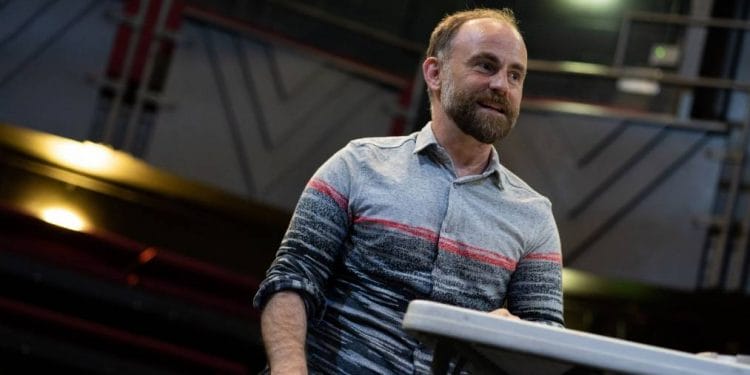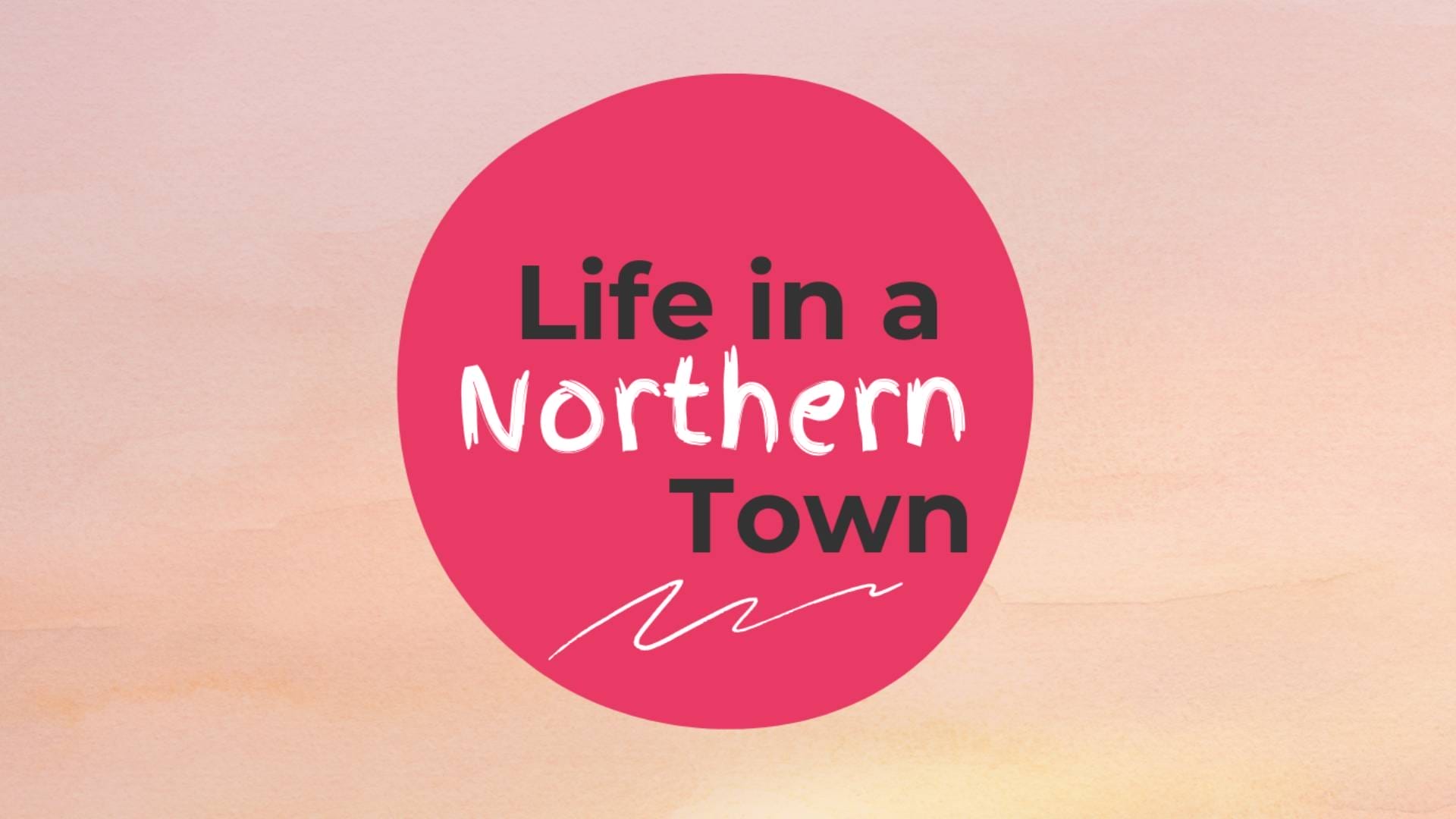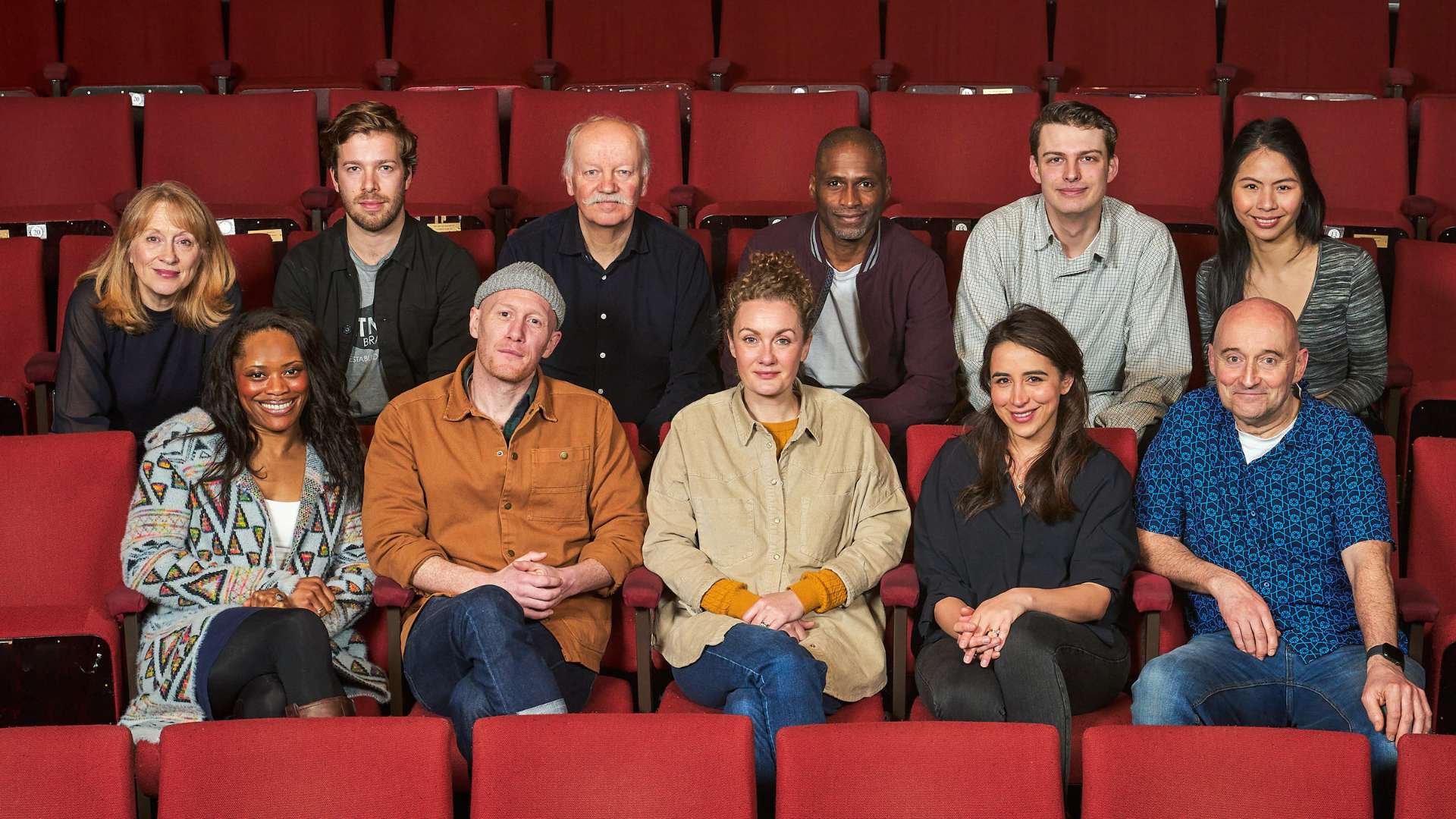Directed by Laurie Sansom, Northern Broadsides return to the stage with Beyond These Walls, four rarely performed short works by Tennessee Williams with a contemporary resonance – reimagined for the first time in the North of England, in the Northern voice.
The short plays, The Lady of Larkspur Lotion, Talk to Me Like the Rain and Let Me Listen…, Every Twenty Minutes and The Case of the Crushed Petunias explore the walls that separate us and how we imagine the worlds beyond them. Tackling themes such as isolation, loneliness and the power of the imagination to bring us together, each of these works by the great American playwright carry a significant poignancy in the context of our recent collective experience.
Beyond These Walls, directed by Laurie Sansom is at Sheffield Crucible (Studio), Thursday 24 – Saturday 26 June 2021. More information can be found here.
You’re directing Beyond These Walls at Sheffield Crucible, tell us what this collection of short plays has in store?
The four shorts all explore characters dreaming of a world outside of their own existence, of their own four walls. They are all little miniature snapshots of life that show off Tennessee’s writing at its most lyrical, delicate and sometimes darkest.
There’s The Lady of Larkspur Lotion, which is a drama about the frustrations of a landlady (Mrs. Wire) and her troublesome tenant (Mrs. Hardwicke-Moore), who lives in a boarding house surrounded by cockroaches.
Then there’s Talk to Me Like the Rain and Let Me Listen… which is about a young couple who are wasting away in every sense – but between them there is an intimacy of desperation. We then move on to Every Twenty Minutes, which is about a well-to-do couple in a city centre penthouse who are trapped in a cycle of bitter banter.
And we finish with The Case of the Crushed Petunias, which is a different tone to the rest, about Miss Dorothy Simple, owner of Simple Notions, an up-cycling store in Primanproper. She has barricaded her shop (and heart) behind a double row of prized petunias, when a young man intentionally tramples over them in the dead of night. Dorothy soon realises that there is more to life than a double row of flowers!
Why do you think these less well-known works of Tennessee Williams work so well together?
Many people don’t know that Tennessee Williams was a prolific writer of short plays but he wrote over 70. Reading them together alongside his more well-known works, it’s fascinating to see how the same characters emerge in different iterations. Not only can you see the development of these characters, you can see the development of a significant theatrical voice.
We wanted to select plays that resonated with where we have all been over the last year: trapped indoors, longing to escape. Whilst some of these pieces portray toxic relationships, we hope our audience are left with a sense of the power of the imagination and the possibilities open to us as life returns to normal.
What surprised you the most as you were adapting these works to the Northern Voice?
I’ve always felt that Williams’s work was crying out to be performed by Northern actors but I think we were all surprised by just how effectively these plays translate. When you think of a Tennessee Williams play like ‘A Streetcar Named Desire’ or ‘Cat on a Hot Tin Roof’, you immediately think of Southern belles dabbing their foreheads below a decrepit ceiling fan. Actually, the work translates perfectly into a Northern contemporary world, whether that be a rooming house in Manchester, a flat in Yorkshire or a trinket shop in Boston-Spa.
For the first time, they’ll be reimagined in the North of England in the Northern Voice, how do you think that will change the dynamic of Williams’ work?
We’re hoping through this show, that we can break down some of the stereotypes around Tennessee’s work – when many people think of Tennessee they think of the clapperboard houses, ceiling fans and southern drools. All four of these plays exist as short poetic dramas in their own right and I also had a hunch his writing would sit perfectly in northern voices. Like with many of Broadsides’ productions, hearing the words in a Northern dialect gives fresh meaning to texts that may have been quite intimidating otherwise. The company’s approach to Shakespeare is a great example of this. And I should mention that we have been allowed some cheeky adaptations to set the shorts in the North of England, thanks to the Tennessee Williams estate. ‘Boston’ has become ‘Boston Spa’, and so on. But there is a universality to Tennessee’s writing which doesn’t rely on accent alone, and that comes from his deep understanding of the human condition, and his distinctive blend of social comedy, lyricism and pathos.
What’s been the biggest challenge for you as a director with Beyond These Walls?
The biggest challenge has been the issues brought about by Covid-19 and the protocols we’ve been required to develop and adhere to. We’ve really felt it in the rehearsal room where we’ve all been strictly socially distant and worn masks when moving around the building.
We also had to stage the plays following regulations unless the script demands close contact, and then it had to be closely monitored, with actors never close to each other for more than 15 minutes a day.
Theatre is about people being together physically, as much as it is about being together emotionally or mentally. Of course, we’ve strictly followed all government guidelines but having to navigate those hurdles has been tough.
We are also all just out of the habit of rehearsing a show. Although it has been an engaging and fascinating process to be back in the rehearsal room again, over a year of working remotely has meant rehearsing a show in person with other people has taken up a lot of energy. Fortunately, the entire team is fantastic and we have all risen to the challenge together. I think we’ve made something that we can all be really proud of.
What would you say to anyone thinking of coming to see Beyond These Walls?
I would want to reassure everyone that Sheffield Theatres are doing a wonderful job at keeping us all safe, and to read up on their website about the processes that audiences and staff will follow. I’d also say to come with an open mind and be ready to throw aside all stereotypes you may have about Tennessee Williams’ work.
And finally, to have a wonderful time supporting a small charity at a venue again; we’re so grateful to Arts Council and the Cultural Recovery Fund for allowing us to stage this work. If you can’t make it in person, we will be releasing a short film of Beyond These Walls later this year, which I hope will keep our audiences across the country eager to see us again on tour for our 2022 Shakespeare production. More on that soon!
Beyond These Walls, directed by Laurie Sansom is at Sheffield Crucible (Studio), Thursday 24 – Saturday 26 June 2021. More information can be found here.

















